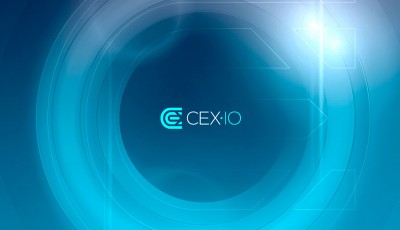Bitcoin Exchange Guidelines Outlined in New Texas Memorandum
 The Texas Department of Banking has issued a memorandum earlier today, outlining its stance on bitcoin exchange guidelines and other forms of digital currency. The department’s regulatory view of digital currencies is due in part of the Texas Money Services Act.
The Texas Department of Banking has issued a memorandum earlier today, outlining its stance on bitcoin exchange guidelines and other forms of digital currency. The department’s regulatory view of digital currencies is due in part of the Texas Money Services Act.
Texas Bitcoin Exchange Guidelines
The memorandum distinguishes that bitcoin and other forms of virtual currency are not equivalent to the US dollar and currencies like it. The document states that digital currencies are not considered to be legal tender in the state of Texas, due to its lack of having a central bank backing it.
“Because cryptocurrency is not money under the Money Services Act, receiving it in exchange for a promise to make it available at a later time or different location is not money transmission. Consequently, absent the involvement of sovereign currency in a transaction, no money transmission can occur.”
The Texas Department of Banking also states that when exchanging digital coins for sovereign currency between two parties, it will not constitute as a money transmission.
The assistant general counsel for the department, Daniel Wood, explains that the regulations mostly look at businesses that use exchanges to trade for fiat currency. He says:
“…for a company that wants to, say, start up an exchange site, the question for us will always be: what do you do with, and how do you handle, sovereign currency?”
Co-founder and treasurer of the Texas Bitcoin Association, Steven Wilkinson, says that the new guidelines will help to prevent another incident like the collapse of Japanes bitcoin exchange Mt. Gox. He views the outlined clarifications of bitcoin as an evolution in the digital currency realm, both in regulation and security. This includes the world in and out of Texas.
Bitcoin Regulations Coming Through
The IRS has given detailed regulations in regards to taxing bitcoin. The new rulings will enforce all bitcoin transactions to be reported in some form or another. All of the time and effort put in by the IRS to regulate bitcoin in such extent shows how much impact bitcoin has made.
The IRS left no stone unturned in regulating bitcoin, as even bitcoin mining taxation was discussed. The Internal Revenue Service indicates:
“When a taxpayer successfully ‘mines’ virtual currency, the fair market value of the virtual currency as of the date of receipt is includible in gross income.”
Though the IRS declared bitcoin to be treated as a property rather than a currency, it is definitely a step in the right direction for those who wish to see bitcoin flourish.
For more bitcoin news, stay tuned to CoinReport.











